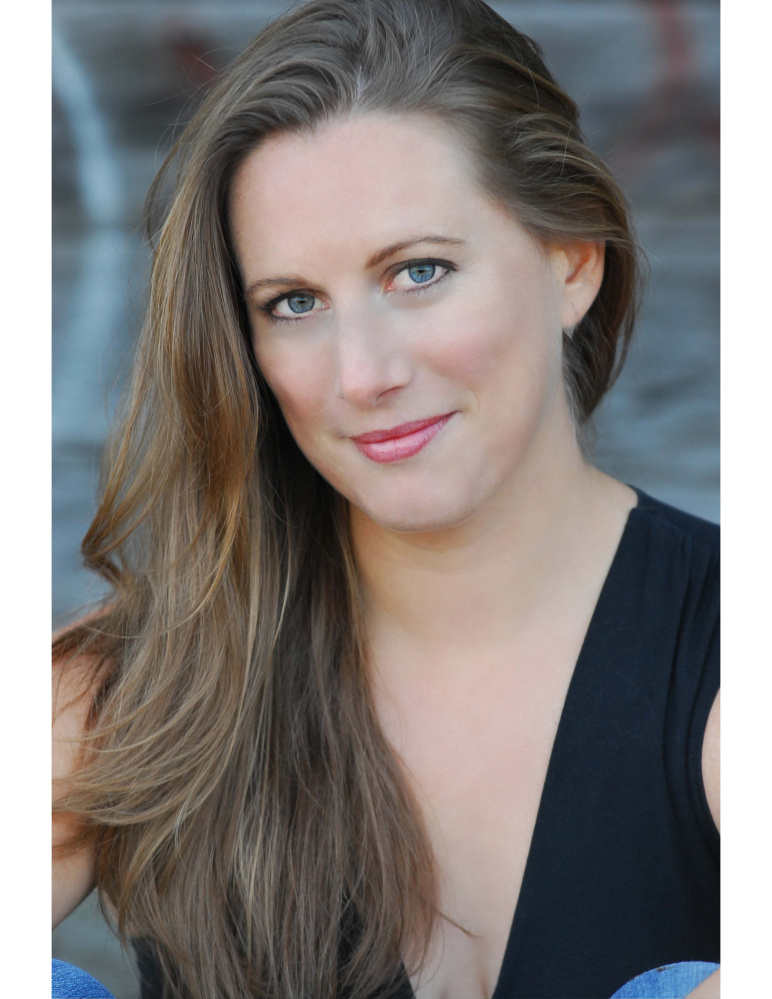Franz Schubert’s “Winterreise” (“Winter Journey”) is almost relentlessly bleak, but deliciously so. Its 24 songs, built on poetry by Wilhelm Müller, capture the musings of a heartsick young man about whom we know little, except that during a visit to a small village he fell in love with a girl and hoped to marry her, but that for reasons we are not told, the relationship fell apart.
We meet this lovelorn wayfarer as he is leaving town on a winter evening, his tears freezing on his face, and we follow him past places that figure into (or merely remind him of) the romance, as he makes his way to the next village and beyond. Schubert’s remarkably descriptive music and Müller’s concise, pointed texts let us eavesdrop on his thoughts, which touch on memories of happier times, the changing quality of his bitterness, and moments of hope that are quickly tamped down.
In the end, he sees his future in an old hurdy-gurdy player who is ignored by everyone but the dogs who bark at him, as he cranks out his melodies, standing barefoot on the ice.
There is plenty here for a singer and pianist to mine, and in their performance on Friday evening at the First Parish Unitarian Universalist Church in Portland, soprano Luette Saul and pianist Mark Rossnagel did a fine job of touching the poetry’s raw nerves and highlighting the music’s descriptive ingenuity.
They also, inevitably, forced listeners to grapple with a question that has vexed critics and commentators for decades: Can this cycle, so deeply rooted in a man’s perspective, and typically sung by a baritone, be effectively sung by a woman?
Women have performed it, of course, going back to Elena Gerhardt in the 1920s. Lotte Lehmann, Christa Ludwig and Brigitte Fassbaender have made notable recordings. And slowly, the terms of the debate are changing.
Matthew Gurewitsch, reviewing Fassbaender’s recording for The New York Times in 1990, argued passionately that, the drive toward gender equality notwithstanding, only a man can give a suitably wrenching performance of “Winterreise.” Ludwig, in her 2003 memoir, “In My Own Voice,” argued otherwise, citing the power of feminine empathy. But Graham Johnson, in his exhaustive 2014 study “Franz Schubert: The Complete Songs,” noted without comment that the cycle has become increasingly popular in performances by singers “increasingly of both sexes.”
Saul’s performance was, at least briefly, a journey through that debate. In the opening “Gute Nacht” (“Good Night”), her bright, light-textured soprano called to mind Gurewitsch’s argument that when sopranos sing male roles in opera, they are often prepubescent boys, like Octavian in “Der Rosenkavalier.” That argument ignores the history of Baroque hero roles sung by countertenors (male altos), but there was no escaping the Octavian-like character of Saul’s readings of the first two songs.
Yet in the third, “Gefror’ne Tränen” (“Frozen Tears”), the subtle ebb and flow of her phrasing and the intensity she brought to the final verse, suggested that however important timbre and pitch may be, they are not decisive. In “Erstarrung” (“Numbness”), the fourth song, she more fully tapped the vein of despair necessary to make this cycle work.
As Saul’s performance progressed with increasing focus and nuance through the desperation of “Wasserflut” (“Flood Water”), the driving rhythms of “Rückblick” (“A Look Backwards”), the oscillating moods of “Frühlingstraum” (“Dream of Spring”) and the palpable melancholy of “Der Wegweiser” (“The Sign Post”), reasons to resist it, second-guess it or question it evaporated, except on purely historical grounds, which ultimately seemed irrelevant.
Hearing the cycle sung by a soprano, and hearing it couched in the dark, sometimes growling tones of a baritone, are different experiences. But Saul’s reading, with the support of Rossnagel’s vividly pictorial rendering of the piano accompaniment, reframed the question listeners needed to consider: Can anyone seriously argue, in this day and age, that a woman cannot convey this cycle’s pain as incisively as a man?
Allan Kozinn is a former music critic and culture writer for The New York Times who lives in Portland. He can be contacted at:
allankozinn@gmail.com
Twitter: kozinn
Send questions/comments to the editors.




Success. Please wait for the page to reload. If the page does not reload within 5 seconds, please refresh the page.
Enter your email and password to access comments.
Hi, to comment on stories you must . This profile is in addition to your subscription and website login.
Already have a commenting profile? .
Invalid username/password.
Please check your email to confirm and complete your registration.
Only subscribers are eligible to post comments. Please subscribe or login first for digital access. Here’s why.
Use the form below to reset your password. When you've submitted your account email, we will send an email with a reset code.